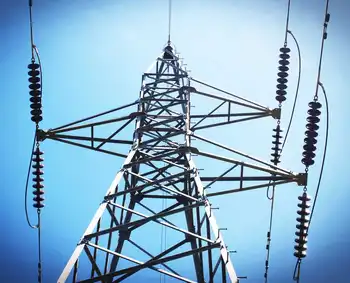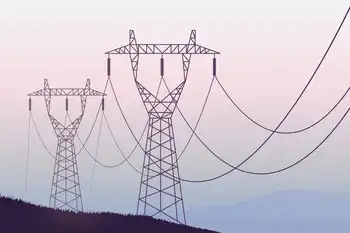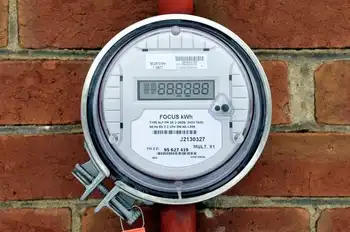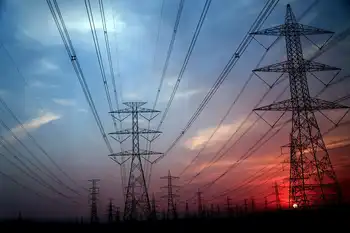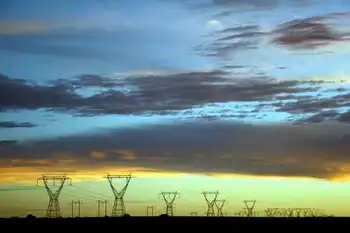Private Electricity Producers Receive State Backing
By Business Day
NFPA 70e Training
Our customized live online or in‑person group training can be delivered to your staff at your location.

- Live Online
- 6 hours Instructor-led
- Group Training Available
This could add large private coal-fired base-load stations to the two smaller gas turbine plants that a private sector consortium led by U.S. power producer AES is to build, at a cost of 5 billion Rand, after the state awarded the consortium the contract in August.
Eskom will buy the electricity from the new plants in terms of a decision by the government to make Eskom the single buyer of power generated by new independent power producers.
Public enterprises department director-general Portia Molefe said yesterday it was logical coal-fired power plants would be included in the new capacity independent power producers would build, given that the government wanted new producers to build 30% of the new capacity, but the private sector would not be participating at all in the nuclear build programme.
The governmentÂ’s draft nuclear energy strategy makes Eskom the only provider of nuclear power in SA, and nuclear generated power is expected to account for about half of the 40000MW of new generation capacity SA will build in the next 20-25 years.
Molefe said it was up to Eskom to figure out how to reintroduce private sector players on the coal side. No plans for new privately owned coal-fired power stations had been proposed at this stage.
Eskom CE Jacob Maroga said it was keen to see independent power producers develop in SA. It would mean the big build programme would see more people coming in to risk capital in the market. Some of the independent producers could also unlock new supply lines and bring in skills.
Molefe emphasised the potential importance of independent producers in giving SA access to equipment which was in short supply globally.
Eskom will spend more than 200 billion Rand to expand its generation, transmission and distribution capacity. It has said it would announce details next year of its plans for at least one nuclear power plant. It has already started building one new big base-load coal-fired power station, the 80 billion Rand Medupi, which will generate about 4500MW, and was completing plans for another. It is also recommissioning three power stations — mothballed in the 1980s — and has installed two open cycle gas turbines to supply power during peak times.
Molefe said the mothballed power stations would account for 8% of the countryÂ’s new build programme, while 27% would come from coal, 46% from nuclear, 12% from pump storage schemes and 7% from gas.





